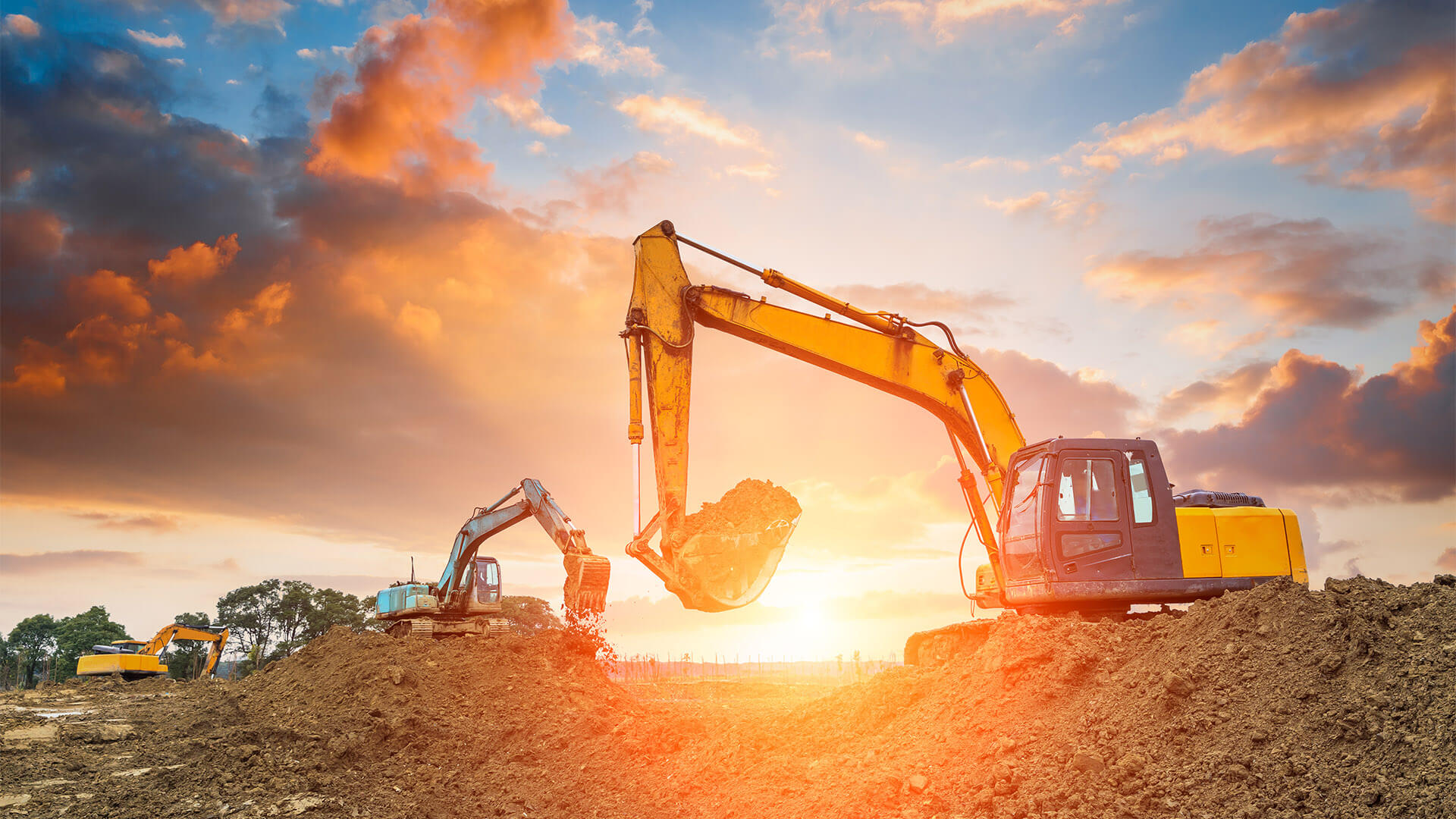In today's rapidly evolving construction environment, the demand for reliable and efficient equipment is more important than ever. As project requirements fluctuate and budgets tighten, many contractors are resorting to construction equipment leasing as a practical solution. This movement not only allows for increased agility in handling assets but also helps businesses avoid the heavy financial burden of purchasing equipment outright. With the appropriate rental partner, construction firms can access the latest equipment and keeping their businesses agile and responsive to market changes.

Looking ahead to the next year, it’s crucial for contractors to stay informed about the key trends in machinery leasing. Knowing what to consider in a reliable construction equipment rental provider and how to assess the terms of a lease properly can make a significant difference in the results of projects. Ranging from assessing the most important qualities of a reputable equipment lease provider to avoiding frequent mistakes in leasing contracts, aligning your business with the right provider can create opportunities for success in your construction projects.
Key Considerations for Choosing a Lease Provider
While picking a construction equipment lease provider, the initial thing to evaluate is their reputation inside the sector. A company with a solid track record and favorable reviews from past clients is more likely to provide dependable service and quality equipment. Search for testimonials and case studies to understand how well the provider has performed on previous projects. Participating in forums or seeking referrals from associates in construction can also offer important insights into which lease companies are trusted and esteemed.
Another crucial factor is the flexibility of the lease terms being offered. Construction projects can be uncertain and may experience delays or changes in scope. A lease company that provides customizable terms and acknowledges the changing nature of construction can significantly ease the burden on project managers. Ensure the provider is ready to discuss options such as lease extensions, early termination, or adjustments in equipment needs, as this demonstrates their focus to supporting your project requirements.
Finally, evaluate the level of customer support provided by the leasing company. Having access to quick and expert customer service can make a significant difference, especially when facing critical issues related to equipment. Ask about their support channels, response times, and whether they offer any maintenance or repair services as part of your lease agreement. A lease provider that emphasizes customer care can enhance your overall experience and contribute to the success of your construction endeavors.
Analyzing Rental Conditions and Terms
When renting construction equipment, it is crucial to carefully evaluate the conditions of the lease agreement. Begin by reviewing the lease duration and payment structure. Make sure the terms match with your project timeline and budget. Pay attention to payment schedules, whether they are monthly, every three months, or based on usage. Knowing the payment obligations will aid you manage cash flow more efficiently.
Another key aspect to think about is the inclusivity of maintenance and repair responsibilities within the lease. Find out whether the lease provider covers maintenance, and if so, what specific services are included. Knowing these responsibilities can have a major impact on operational costs and equipment performance throughout the lease term. Be on the lookout for confidentiality in repairs and the provider's responsiveness to service requests.
Lastly, always take the time to confirm the conditions surrounding early termination or lease extension options. Knowing the penalties for early termination or understanding the process to prolong the lease can provide options as your project evolves. It's crucial to ensure that these provisions accommodate your needs and do not impose excessive fees, ensuring you can adjust your equipment strategy as the project demands change.
Avoiding Common Pitfalls in Equipment Rentals
When engaging in machinery leasing, one of the most common mistakes is neglecting the fine print in lease agreements. https://vikingequipmentfinance.jimdoweb.com/ can lead to unforeseen costs and unfavorable terms that can influence the overall budget of a project project. Contractors should thoroughly examine all rental documents, ensuring they comprehend the details regarding maintenance responsibilities, guarantees, and any charges that might occur throughout the rental term. Understanding on these points can prevent a considerable amount of money and stress later on.
Another prevalent error is failing to evaluate the adaptability of the leasing arrangement. Construction jobs often encounter changes in scope, timelines, and machinery needs. Choosing a rental company that offers adaptability in terms of rental extensions, changes, or machinery upgrades can offer significant advantages. Builders should ask about these options during negotiations to avoid being trapped into rigid agreements that do not accommodate project changes.
Finally, not conducting sufficient research on a leasing company’s reputation and customer support can be detrimental. A provider with a bad reputation or limited support can lead to setbacks and unresolved issues that hinder job progress. It is crucial for builders to request references, read reviews, and evaluate the accessibility of customer service before making a commitment. A trustworthy partner not only improves the leasing experience but also helps projects run effectively and seamlessly.
